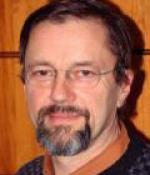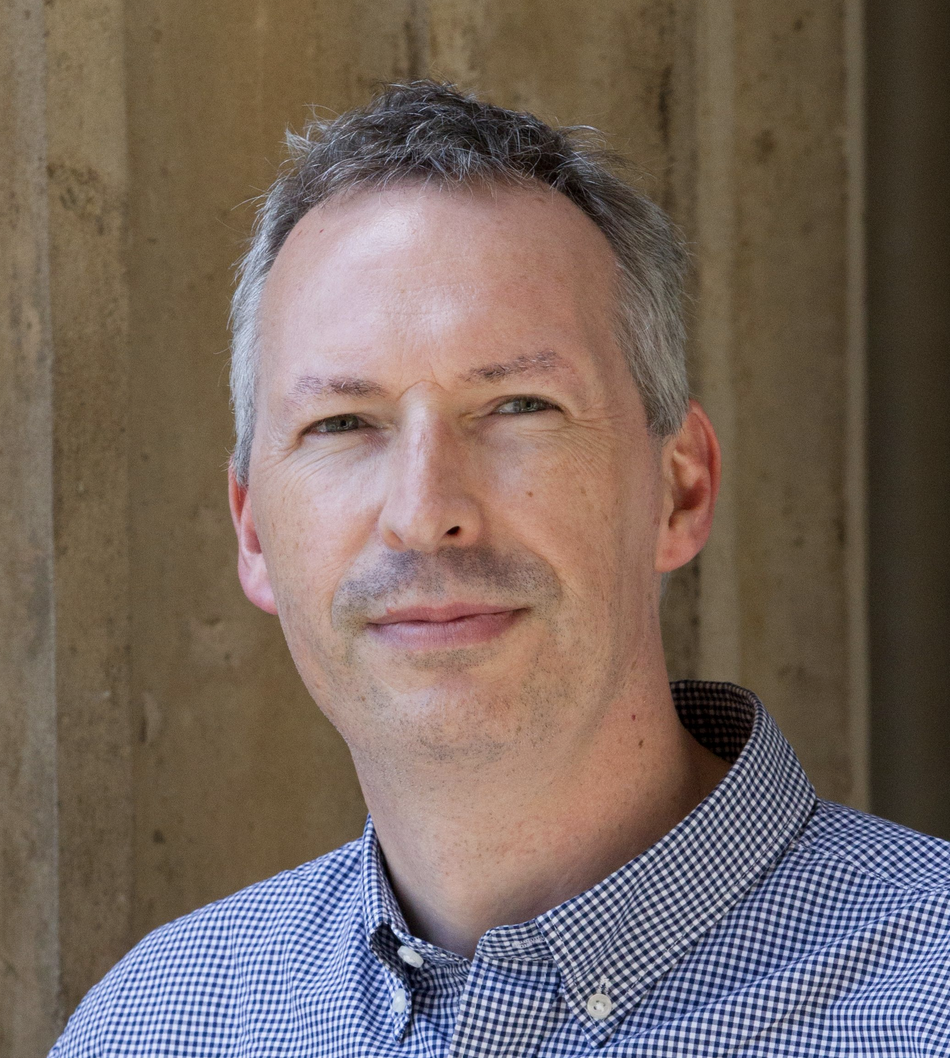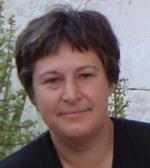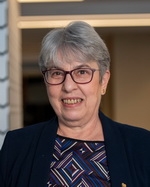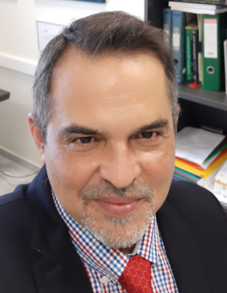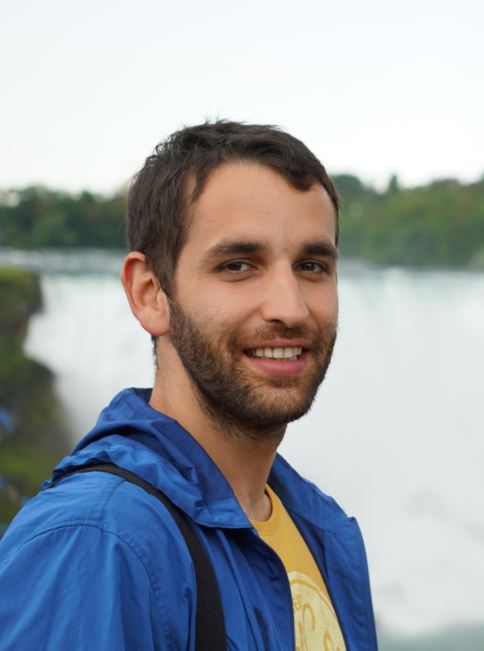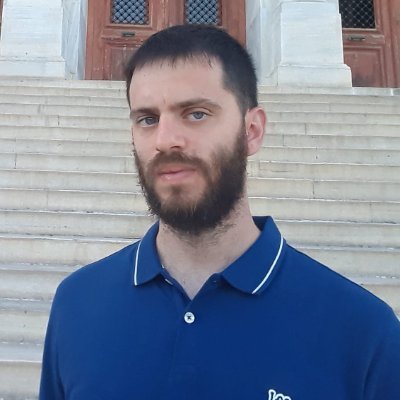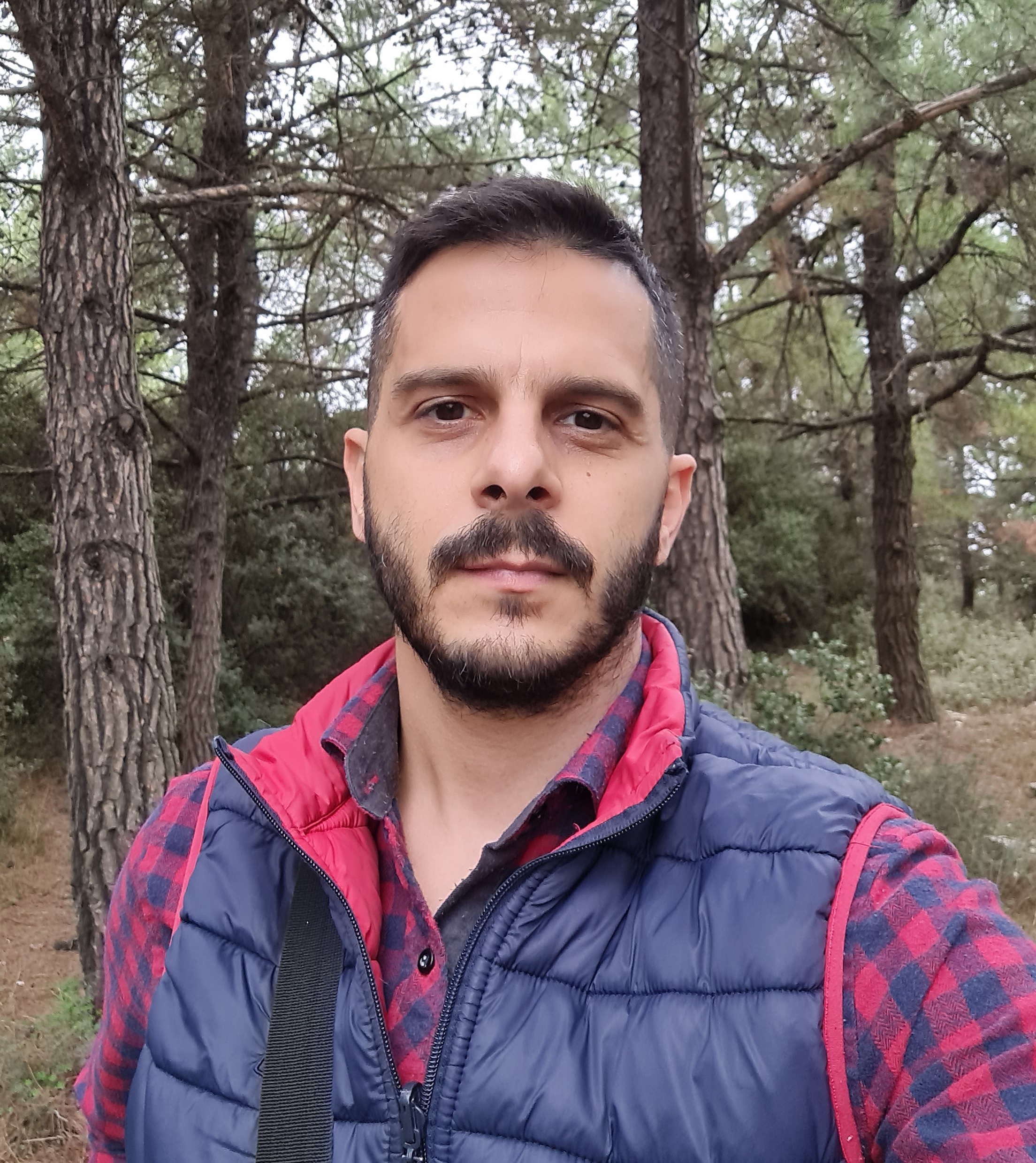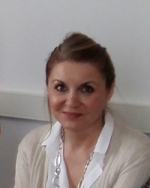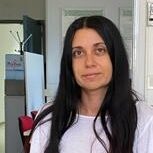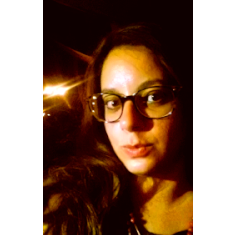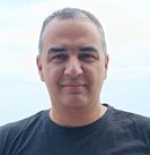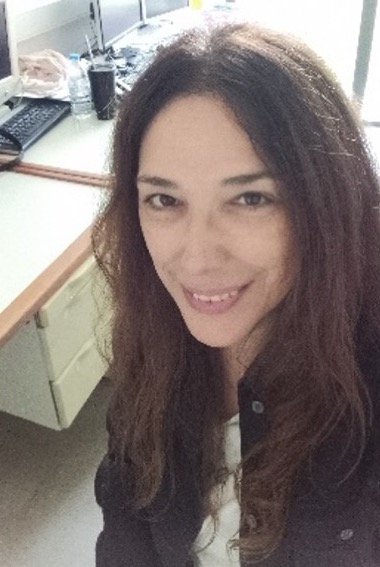Instructors
Meet the instructors of Summer School on CIDOC CRM Interoperability and Applications
Martin Doerr
He is a honorary head of the Centre for Cultural Informatics of FORTH-ICS. He has been leading the development of systems for knowledge representation and terminology, metadata and content management. He has been leading or participating in a series of national and international projects for cultural information systems. His long-standing interdisciplinary work and collaboration with the International Council of Museums on modeling cultural-historical information has resulted besides others in an ISO Standard, ISO21127:2006, a core ontology for the purpose of schema integration across institutions.
Dominic Oldman
Dominic Oldman is a Director of Kartography CIC (http://kartography.org) - a non profit social enterprise producing knowledge base systems based on the open source ResearchSpace platform (http://researchspace.org). He was formerly a Senior Curator in the department of Egypt & Sudan and Head of ResearchSpace, and previously Head of Systems Development at the British Museum. ResearchSpace is a system that changes how we think about and use data, replacing the Cartesian database mindset with a dynamic approach to knowledge based on systems of relationships incorporating context, diversity and synthesis. He is currently a graduate student of History at the University of Oxford studying the history of systems, complexity and processual methods. As deputy co-chair of the CIDOC Conceptual Reference Model (CRM) Special Interest Group, he contributes to the on-going development of the CIDOC-CRM International (ISO) standard.
Chryssoula Bekiari
She is an R&D engineer in the Information Systems Laboratory and the Centre for Cultural Informatics of FORTH-ICS. She holds a Master of Arts in Computer Science from Queens College of the City University of New York and a degree in Mathematics from University of Patras. She has 40 years of experience in carrying out applied research in the field of Information and Communication Technologies. Her tasks includes requirements analysis and functional design of advanced information systems of cultural informatics, knowledge organization, conceptual modeling of information structures for supporting semantic interoperability, harmonization of conceptual database schemas and ontologies. She has participated in several EU and national funded projects, and since 2002, she has participated in CIDOC CRM Special Interest Group and CIDOC FRBR Harmonization Meetings worked as a contributor and co editor.
Maria Thedoridou
She is an R&D Engineer in the Information Systems Laboratory and the Centre for Cultural Informatics of FORTH-ICS. She holds a Master of Applied Science in Electrical & Computer Engineering from the University of Toronto, Canada (1985) and a Diploma in Electrical Engineering from the Aristotle University of Thessaloniki, Greece (1983). Maria has been actively involved in more than 20 national and international cultural information systems' projects. Her research interests include semantic web technologies, mapping technologies, conceptual modelling, cultural information systems and semantic interoperability. Currently, she coordinates the mapping technology activities of CCI that include the X3ML Toolkit She has been the technical/scientific coordinator of FORTH-ICS in several recent EU projects.
Yannis Tzitzikas
He is a Professor of Information Systems in the Computer Science Department at University of Crete and Affiliated Researcher of the Information Systems Laboratory at FORTH-ICS. His expertise lies in Information Systems, specifically in Knowledge Management and Information Retrieval. His research focuses on semantic data integration, exploratory search, and digital preservation. He has coauthored 3 books and more than 180 papers in refereed journals and conferences, he has received four best paper awards. He actively participates to EU projects and participates to the scientific committees of several international conferences and journals. Since 2005 he coordinates the Semantic Access and Retrieval group, and from 2019 also the Centre for Cultural Informatics of FORTH-ICS.
Pavlos Fafalios
He is an Assistant Professor of Information Systems at the School of Production Engineering and Management of the Technical University of Crete and Affiliated Researcher at the Centre for Cultural Informatics FORTH-ICS. His research interests fall in the areas of Information Systems and Data and Knowledge Management, with a special focus on interdisciplinary research in these areas and the application of the research findings in different disciplines, including Cultural Heritage and the Humanities. The results of his research have been published in more than 50 refereed research articles, while he regularly participates to the scientific committees of international conferences and journals.
Michalis Mountantonakis
He is a Postdoctoral Researcher at FORTH-ICS and a Visiting Lecturer in Computer Science Department at University of Crete, Greece. Since 2013, conducts basic and applied research within various EU-funded research projects like iMarine and BlueBridge. His research interests fall in the areas of Large-Scale Semantic Data Integration, Linked Open Data, Semantic Web and Semantic Data Management. The results of his research have been published in more than 40 research papers including prestigious journals and venues such as ACM VLDB, ISWC, ECML, ACM Computing Surveys and ACM JDIQ. Finally, he has received several other awards, including a Best Paper Award in ISWC 2022, and awards in Hackathons and Stelios Orphanoudakis undergraduate fellowship for his BSc studies. Moreover, he was nominated from the Computer Science Department, and he was selected for participating in Roche Continents 2019, where upon review of applications, 100, top-talented science and arts students from european institutes are selected.
Yannis Marketakis
He is a R&D Software Engineer in the Information Systems Laboratory at FORTH-ICS. He holds a Master of Science on Information Systems since 2010. His main research interests include information systems, digital preservation, conceptual modeling and knowledge representation, data integration using semantic web technologies, and software engineering for large-scale infrastructures. He has been involved in several European and national research projects and has co-authored more than 45 scientific publications and one book . He has presented his work in several scientific conferences and holds a best paper award (MTSR’20). Since 2019, he is a technology supervisor of the Centre of Cultural Informatics of the Information Systems Laboratory of FORTH-ICS. He has more than 10 years of experience in carrying out applied research in the field of Information and Communication Technologies. He is experienced with the design and implementation of software applications, tools and services for large-scale infrastructures.
Dimitris Angelakis
He is an R&D engineer in the Information Systems Laboratory of FORTH-ICS. He holds a Master of Science in Information Systems from University of Manchester-UMIST and a degree in Computer Science from University of Crete. His main interests include database and information systems, conceptual modeling, knowledge representation, cultural informatics, document management systems design and interlingual thesauri. He is responsible for the design and the implementation for the systems / products provided by the Information Systems Laboratory: SYNTHESIS - An Information System for administration, documentation and promotion of cultural instances.
Lida Charami
She is a collaborator of the Centre of Cultural Informatics of FORTH-ICS. She holds a B.Sc. in Archaeology and an M.A. in Museum Studies from the Institute of Archaeology of the University College London (UCL). Her main interests include building conceptual models and creating schemata and data structures for information systems used in museums and other cultural institutions, establishing new methods workflows for documenting museum objects and monuments and developing thesauri and vocabularies for the humanities. She is also involved in developing standards and good practice guides in the field of cultural heritage documentation. She has participated in many projects relating to the documentation of cultural context.
Athina Kritsotaki
She is a graduate of the department of the Archaeology and Art History of the National and Kapodistrian University of Athens. She holds a Master of Science Thesis in «Innovative Methodologies and Information Systems in Cultural Domain” of University of Crete. Her scientific interests are focused on domains such as knowledge representation, conceptual modeling, ontology engineering and development, thesauri, artificial intelligence and reasoning in archaeology. She is involved in metadata analysis and making the interpretation and mappings of existing data structures, in developing standards and designing ontologies in the field of cultural heritage documentation.
Eleni Tsoulouha
She studied Greek Language and Culture at the University of Athens and has a MA in Linguistics and in Computational Linguistics (Utrecht University; University of Athens and National Polytechnical University of Athens, respectively). Her work focuses on knowledge representation, conceptual modeling, and ontology engineering, in particular for the domains of digital humanities and cultural heritage. She has been involved in projects concerning the development of vocabularies for said domains, plus data integration for research infrastructures. She is also actively involved in the development of the ISO standard CIDOC CRM for cultural heritage data.
Elias Tzortzakakis
Elias Tzortzakakis is a Research & Development engineer, member of the Centre for Cultural Informatics (CCI) of the Information Systems Laboratory (ISL) at the Institute of Computer Science (ICS) of the Foundation for Research and Technology – Hellas (FORTH) since 2008. He holds a Master of Science in Information Systems (AUEB) and a diploma in Electrical and Computer Engineering (NTUA). He has expertise in CIDOC-CRM, conceptual modelling, semantic data, services, terminology and documentation management systems, applications for cultural heritage and thesauri development. He has been the project manager of collaboration projects with the Germanisches Nationalmuseum (GNM) and the technical coordinator in both European and National funded research projects.
Anastasia Axaridou
Anastasia Axaridou is an R&D engineer at the Centre for Cultural Informatics and the Information Systems Laboratory of the Institute of Computer Science, FORTH, since 2003. She holds a BSc in Physics, University of Crete, and a MSc in Information Systems, Hellenic Open University. Her main interests lie in the area of Knowledge Representation, Linked Data, and Semantic Web Technology. She has been a member of the project team in several projects funded by the EU and the Greek government. Her main activity concerns the development of modern applications in the field of Digital Libraries, Archival Documentation, and Terminology Alignment/Thesauri Mapping, for the research, education, and cultural heritage sectors.
Nikos Kontonasios
Nikos Kontonasios is an R&D engineer at the Information Systems Laboratory of the Institute of Computer Science at FORTH, where he has been working since 2025. He holds both a Bachelor’s and a Master’s degree in Computer Science from the University of Crete. During his Master’s studies, he was awarded a scholarship at the same laboratory (2023–2024), where he focused on research in Information Systems and Knowledge Engineering. His work has involved leveraging technologies such as layout analysis, OCR, and generative AI for extracting structured data from large-scale historical newspaper archives.
